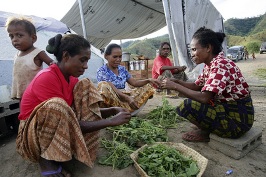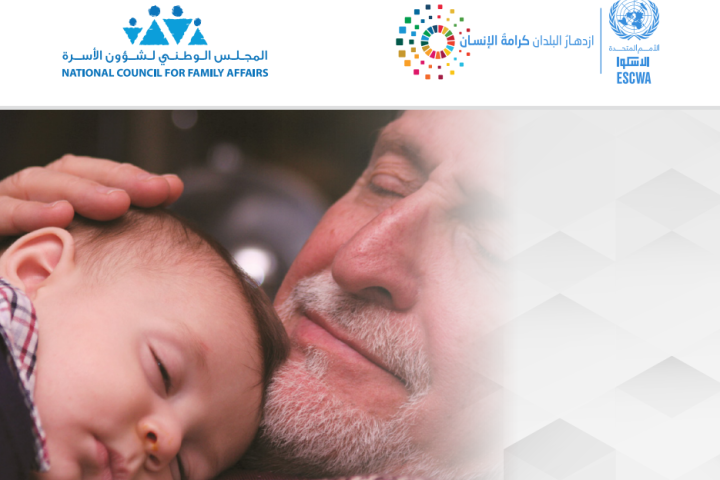ESCWA gathered experts from five different member countries to address the issue of women's economic empowerment and give their feedback on two studies developed under this theme by consultants for ESCWA.
The expert group meeting on Women's Economic Participation was held on 18-19 August at the UN House- Beirut, to examine the studies entitled "Women's control over economic resources and access to financial resources, including micro finance", and "The impact of the financial crisis on the advancement of Women in the Arab Region".
Both studies will be used as input to the 4th Committee on Women, scheduled in October 2009, and both will be made available in Arabic and English. The study on control over economic resources will be the regional input for the 2009 issue of the UN World Survey on the Role of Women in Development, which has the same focus.
The first study noted important findings, putting the finger on delicate issues such as the lack of statistics, which, when available, are often not disaggregated by sex or seem unreliable because official numbers are so different from field survey results.
According to the study, women's economic participation has increased in the region, but compared to other world regions it is still very low, and there is a high level of economic dependency with all the social consequences this implies. Women are often employed in the informal sector, and when they own their own businesses, they do not actually manage them most of the time, having to leave this task up to a male family member. When they are employed, there are wage gaps between them and their male colleagues, but due to lack of data, there is no reliable statistical evidence for this. The study also provided an overview on women's legal situation, i.e. how labour laws, inheritance laws, and social security laws affect them.
Entitled "The impact of the financial crisis on the advancement of Women in the Arab Region", the second study noted the losses Arab women will suffer further to the world economic crisis. The study said that working women in Arab countries are the first to be affected by economic crises and to lose their employment, whereas they are the last to benefit of times of economic prosperity.
Despite a lack of official statistics, the study found that Arab women were mostly employed in the services sector. It added that this sector was dealt a big blow by the current economic crisis, which will in turn reflect on these women.
The current crisis has granted governments the chance to change their macro-economic policies and now is the time for investments to be directed at ensuring gender equality, the study says. It recommended in this regard encouraging initiatives by both private and public sectors towards empowering women, namely by giving them priority in investments, micro-credits and Small and Medium-sized Enterprises (SMEs).




